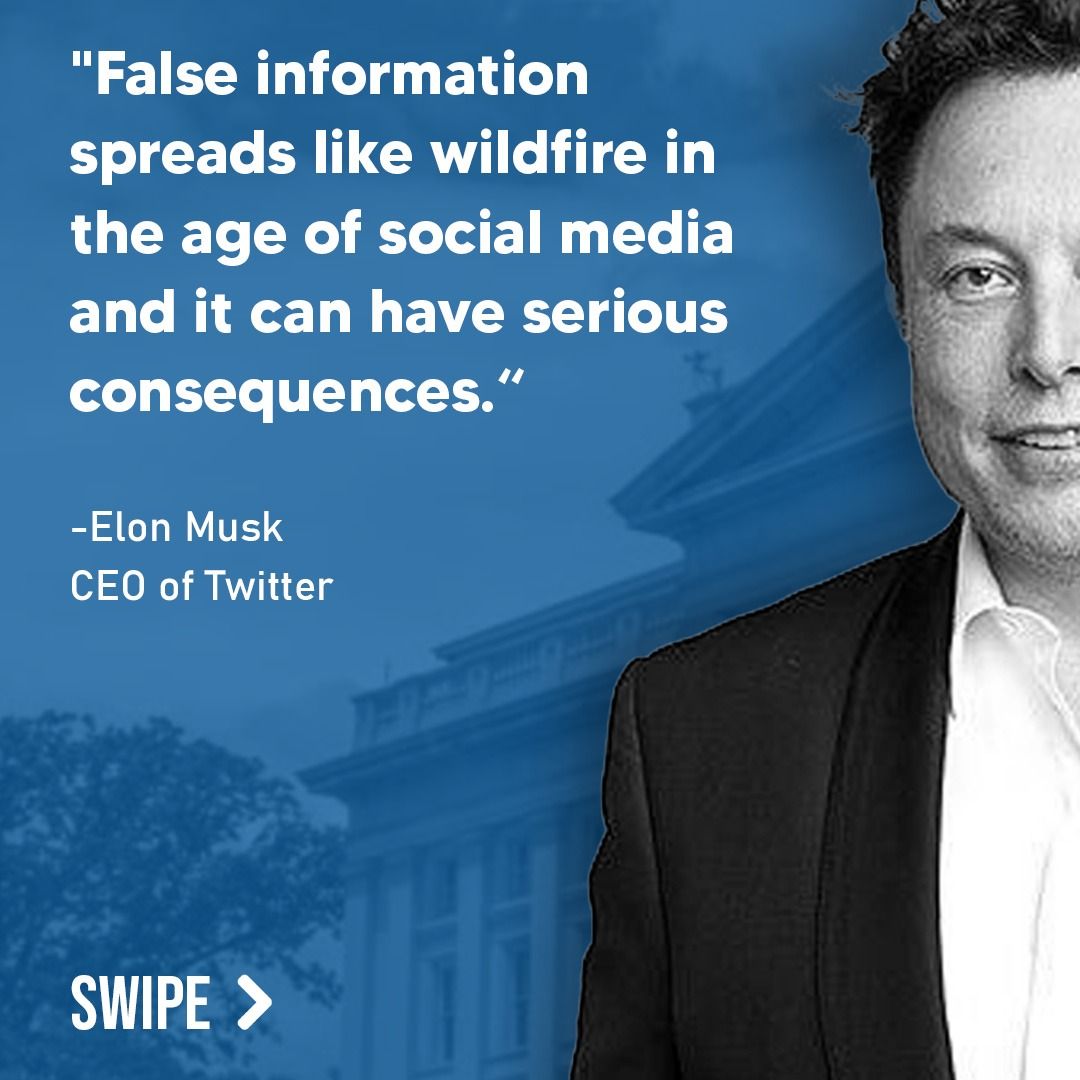
Introduction
The article covering the reported detention of a “Ukrainian special services agent” after the death of Russian General Yaroslav Moskalik has garnered attention — not only for its implications on the Russia-Ukraine war but also because it discusses possible new sanctions on Russia. Readers asked for clarification regarding what “Banking” and “Secondary Sanctions” could entail if applied. Our fact-check dives into the article’s claims and separates verified facts from speculation.

Historical Context
Russia’s war against Ukraine, which began in 2014 with the annexation of Crimea and escalated into a full-scale invasion in 2022, has seen widespread sanctions from Western nations. Sanctions have been a central tool aimed at isolating Russia economically and politically. Discussions around “banking sanctions” and “secondary sanctions” reflect efforts to tighten restrictions, given Russia’s resilience and ability to find workarounds.

Fact-Check Specific Claims
Claim #1: The detained suspect is a “Ukrainian special services agent.”
Russian state media claims that the suspect is connected to Ukrainian intelligence. However, as CNN notes, there is no independent verification. Furthermore, Russian authorities admitted the man only had a residency permit in Ukraine—not necessarily citizenship or official affiliation. Given Russia’s history of framing detainees during politically sensitive periods, this claim remains unverified. The New York Times and BBC reporting on prior similar cases shows that forced confessions and unclear evidence have complicated past incidents (source).

Claim #2: Russia’s Federal Security Service (FSB) confirmed that the car bomb detonated remotely from Ukraine.
The article states that the FSB alleged the bomb was remotely detonated from Ukraine. However, there is no independent forensic evidence cited to substantiate this detail. Past forensic investigations would require technical data, such as signal records or device studies, neither of which have been made public or verified by third-parties. Therefore, this claim remains unsupported by independent verification as of now (source).
Claim #3: Trump suggested “Banking” or “Secondary Sanctions” on Russia – What would this entail?
Users asked what “Banking” or “Secondary Sanctions” mean in practice. “Banking sanctions” typically block Russian banks from accessing the international financial system, freezing their assets abroad, and denying them US dollars — measures previously implemented on major Russian banks like Sberbank and VTB (US Treasury source).
“Secondary sanctions” would target third countries or companies that continue doing business with sanctioned Russian entities. This escalates financial pressure globally and discourages bypassing sanctions. A precedent for secondary sanctions can be found in U.S. actions against Iran during the 2010s (CRS source).

Conclusion
The article accurately conveys uncertainty about the suspect’s ties to Ukraine and responsibly notes the lack of independent verification. However, the language in parts of the article may lead readers to assume more certainty than currently supported by evidence, especially regarding the individual’s identity and the method of the bombing. Overall, the article was cautious but required users to read carefully to not misinterpret tentative claims as confirmed facts. CNN’s balanced phrasing helps avoid major bias, although naturally heavy reliance on Russian state information carries risks of partial narratives.
Encourage Readers to Take Action
Stay empowered and informed! Download the DBUNK app today to access real-time fact-checking, fight misinformation, and make more confident decisions. Follow us on social media for the latest updates and insights.

Link to Original Article
Click here to read the original article

